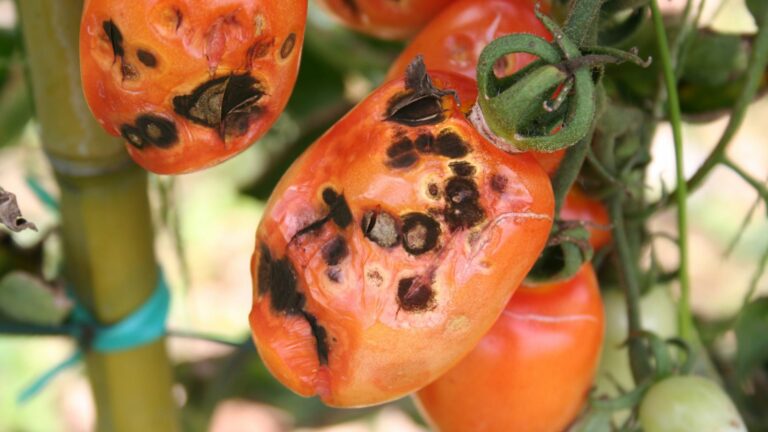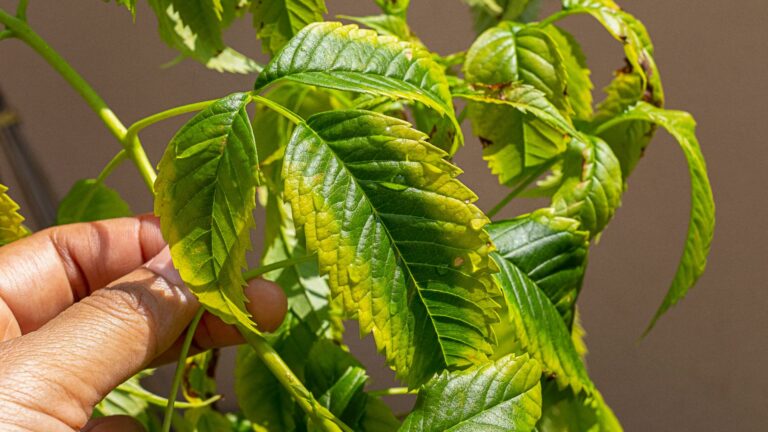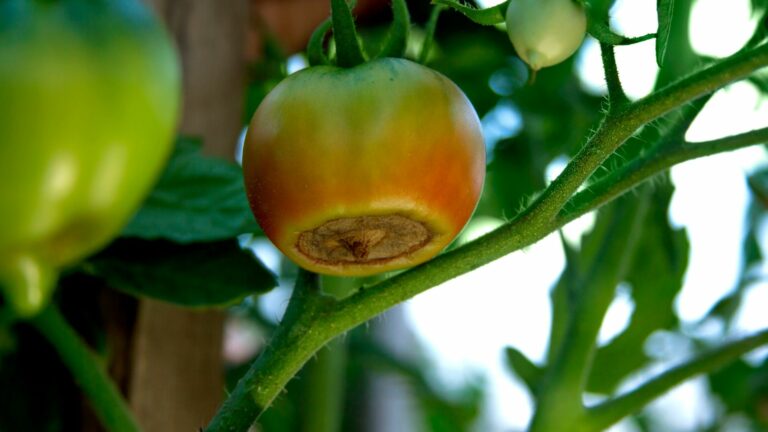Fungal Diseases Ruining Your Plants? Here Are 25 Ways To Prevent Them
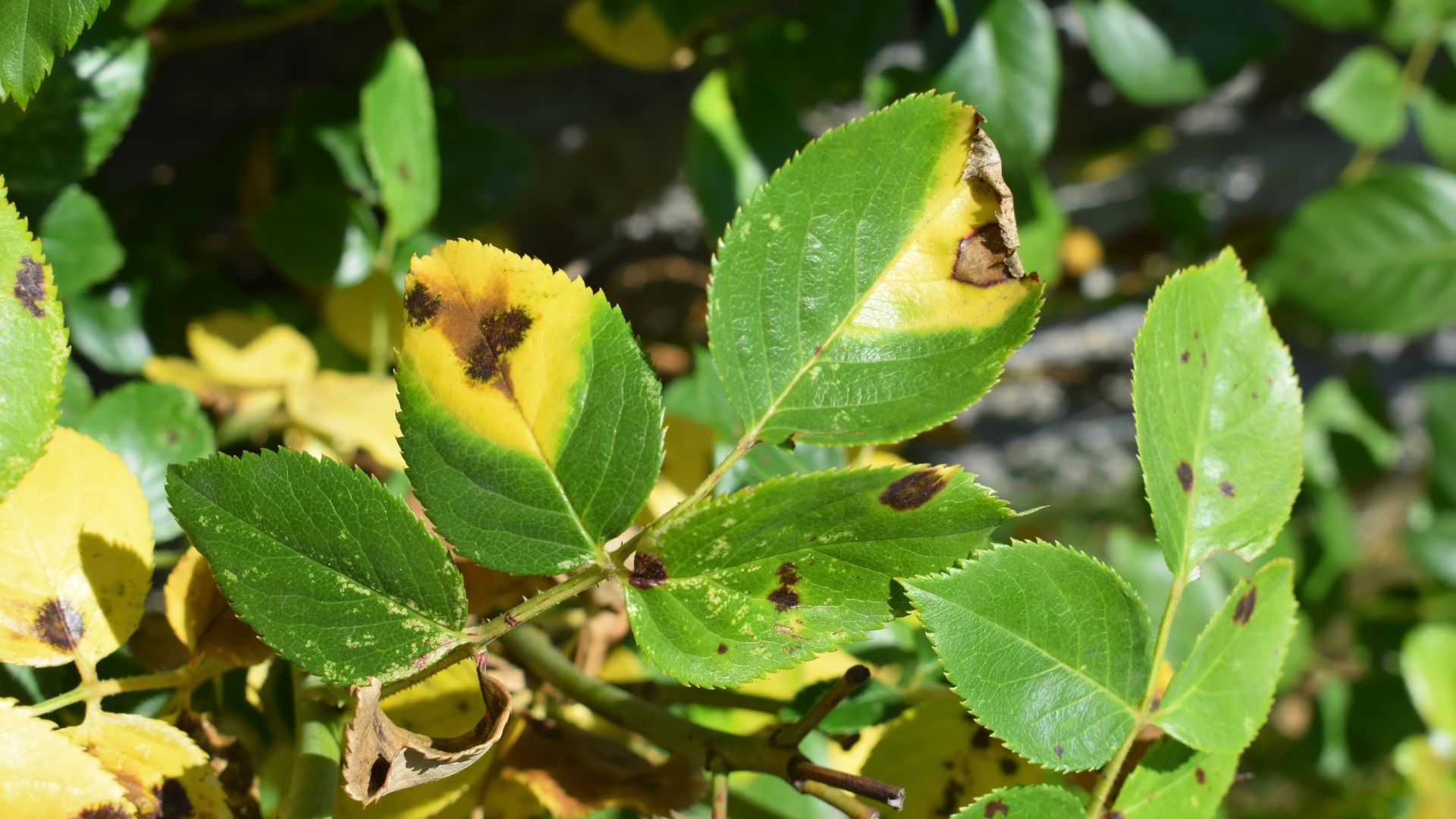
Gardening is one of those hobbies that brings so much joy—until you spot fuzzy mold creeping up your plants or weird spots taking over your leaves.
I’ve had my fair share of “oh no” moments when fungus tried to turn my garden into its own personal playground. But over time (and after a few plant casualties), I’ve learned some tricks to keep those pesky fungi in check.
The good news? You don’t need fancy chemicals or a science degree to protect your plants. With a few simple habits and natural solutions, you can keep your garden thriving and fungus-free. So, here are my ways to stop fungal diseases before they take over!
1. Choose Disease-Resistant Varieties
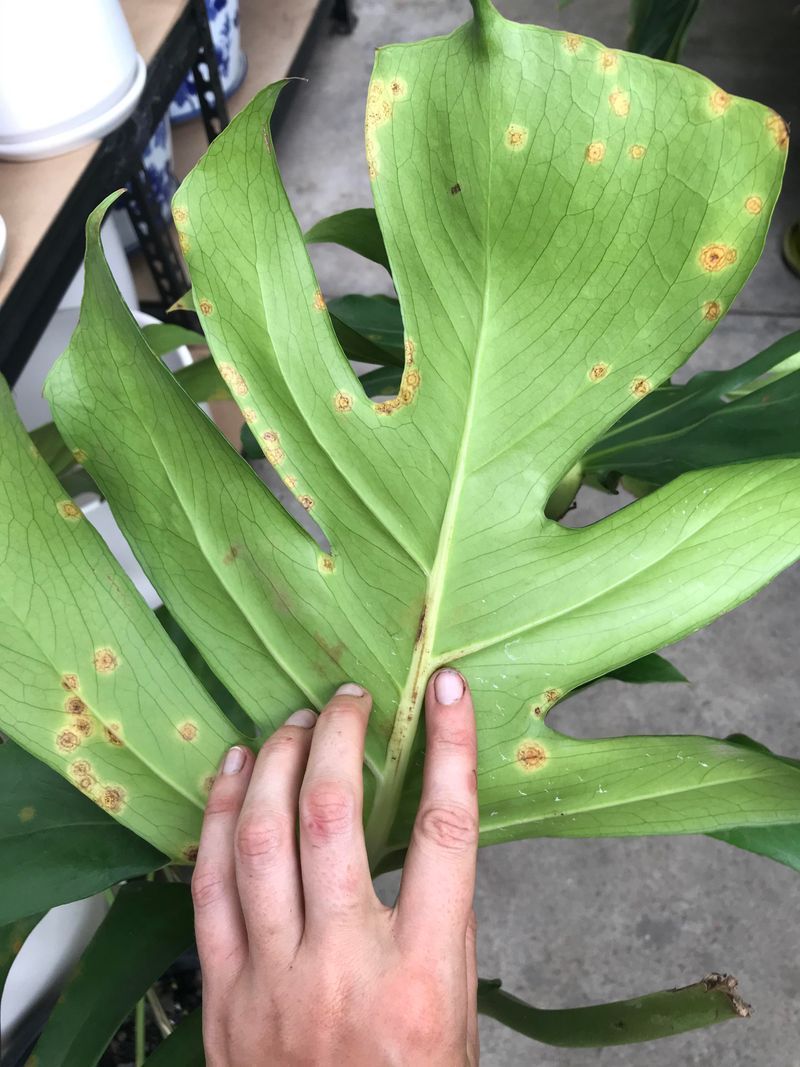
You know, sometimes, it’s all about making the right choice upfront. I once picked disease-resistant tomato varieties, and my garden thrived while my neighbor fought off blight.
Selecting plants bred to resist particular fungi is like choosing a superhero for your garden. It might not deflect every villain, but it surely puts up a good fight. Imagine shielding your plants from the start, with varieties that naturally fend off trouble.
It’s a simple step with long-term benefits. So, next time you’re at the nursery, look for labels that promise resistance to common plant diseases.
2. Rotate Crops Annually
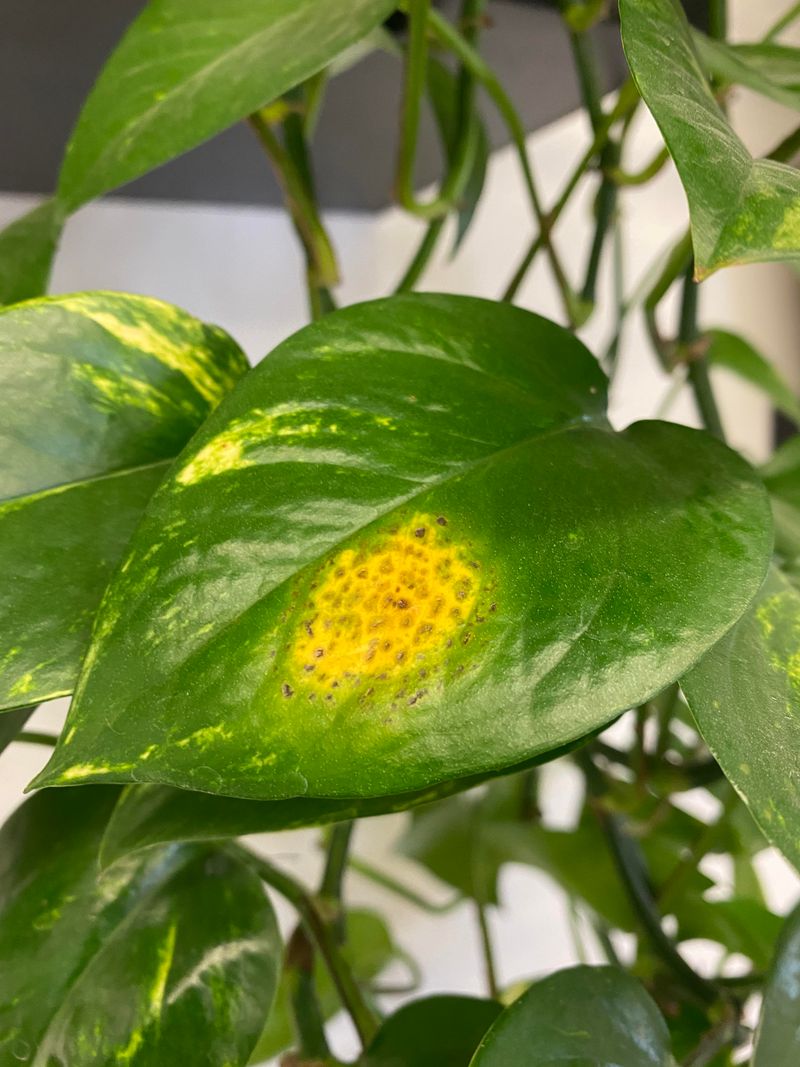
What if I told you that changing your plant’s position could save them from a fungal ambush? Rotating crops annually breaks the life cycle of pathogens.
It keeps them from setting up camp in your soil. This practice confuses the fungi, which get all excited about their next meal, only to find an empty plate.
By moving your plants around, you give them a fresh start each season. It’s like a garden game of musical chairs, but without the music. Embrace the change, and your plants will thank you!
3. Improve Soil Drainage
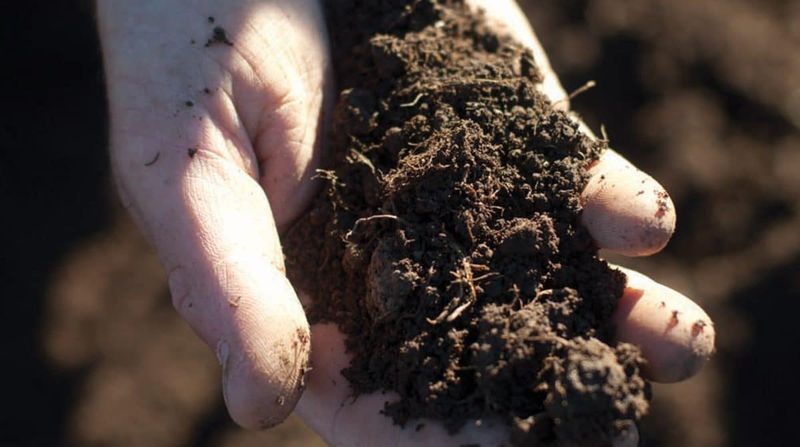
Ever thought about how soggy soil might be a fungi’s favorite hangout? Proper drainage helps prevent fungal diseases by keeping soil from becoming waterlogged.
If your garden feels like a sponge that never stops soaking, it might be time to rethink your drainage strategy. Add organic matter or use raised beds to improve conditions.
The goal here is to create a space where plants can breathe easy. Have you ever danced in the rain without getting your feet wet? Your plants should enjoy a similar luxury!
4. Water At The Base, Not The Leaves
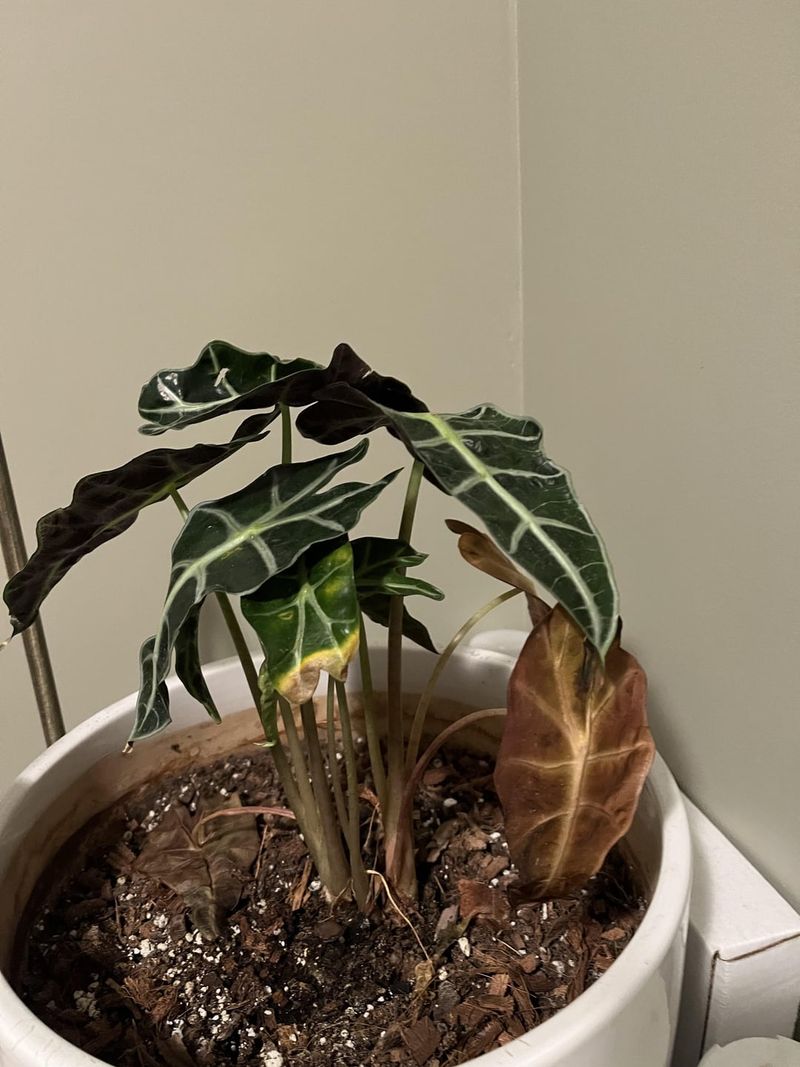
Let me share a little secret: plants prefer their leaves dry and their roots wet. By watering at the base, you minimize moisture on the foliage, reducing the chance of fungal spores taking hold.
Imagine yourself sipping lemonade through a straw rather than splashing it all over your face. That’s how your plants feel! Target the soil directly, and you’ll be helping them drink efficiently without inviting fungal party crashers.
It’s a small change with significant results, like being a plant whisperer in your backyard.
5. Avoid Overwatering
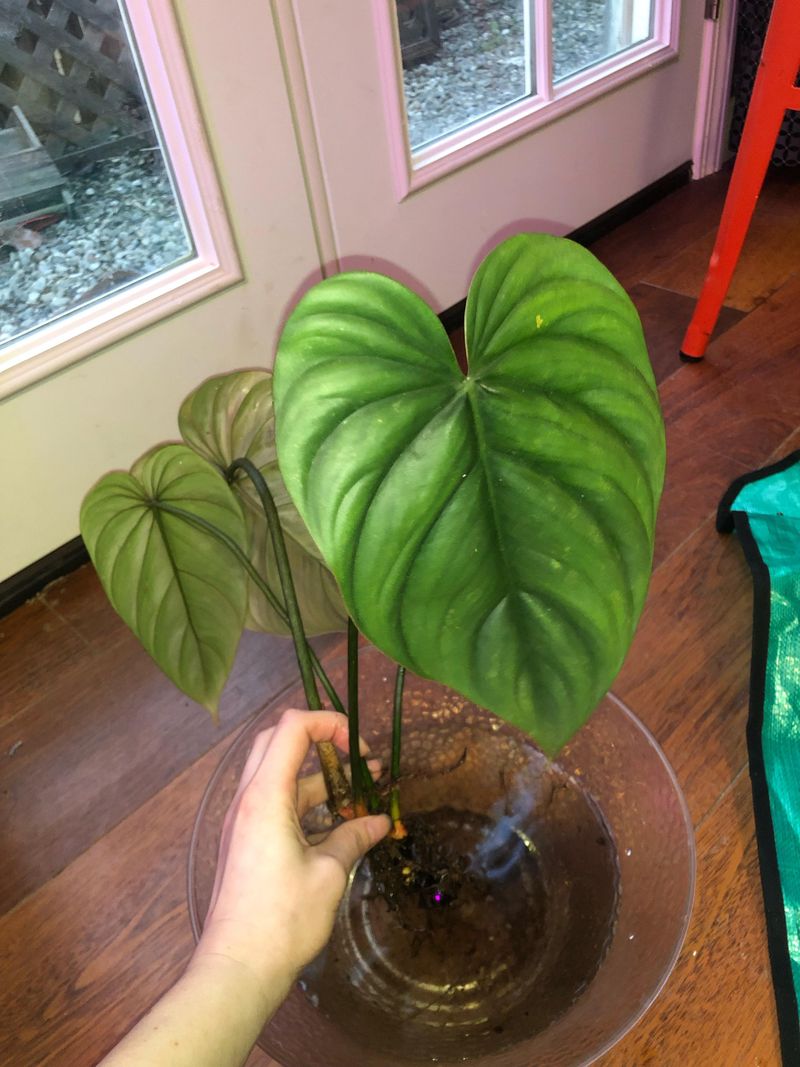
Has the fear of thirsty plants ever led you to overwater? It’s a common mistake. Overwatering creates a soggy environment perfect for fungal growth.
Think of it like hosting an uninvited pool party for fungi. Instead, ensure your plants receive only the water they need. Check the soil’s moisture level before reaching for the hose.
It’s like checking the weather before deciding on your outfit. By providing just the right amount of moisture, you keep your plants happy and fungi-free. Balance is the key here!
6. Ensure Proper Air Circulation
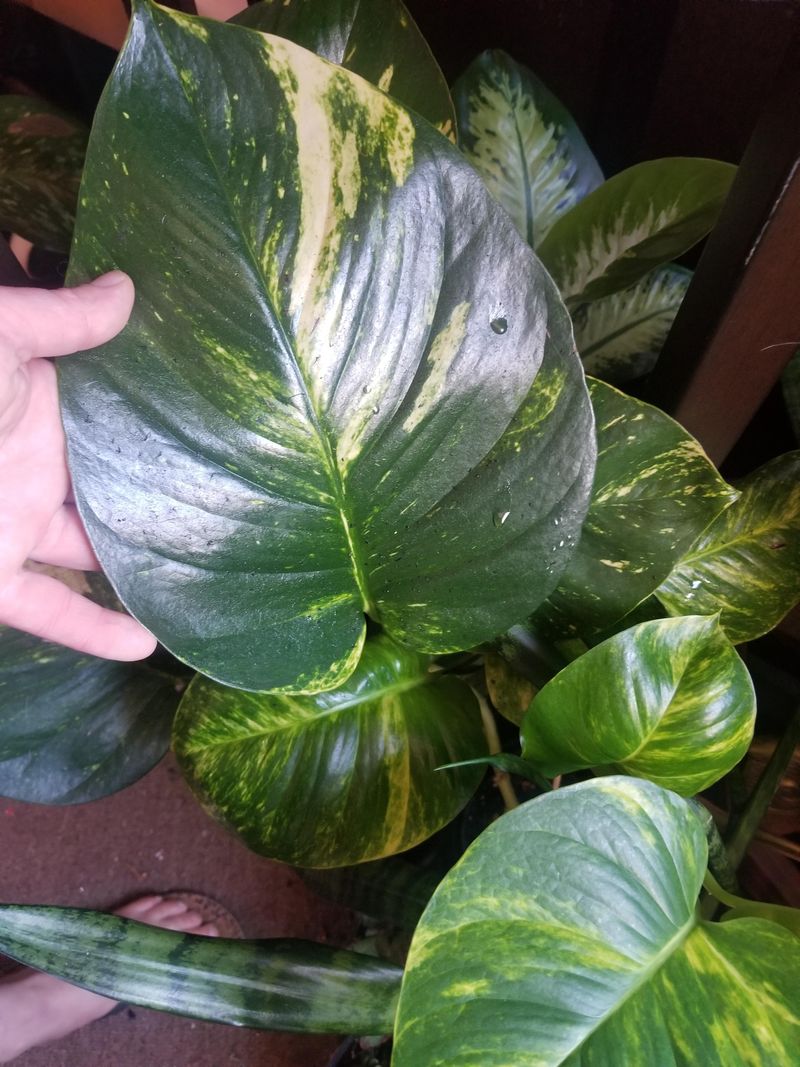
You wouldn’t want to be stuck in a stuffy room, right? Neither do your plants! Ensuring proper air circulation helps keep fungal diseases at bay. I learned this the hard way when a dense tomato patch turned into a fungal hotspot.
By giving plants some breathing space, you create an environment where fungi struggle to thrive.
It’s a breath of fresh air for your garden. So, take the time to prune and space your plants. They need room to breathe, just like us!
7. Mulch To Prevent Soil Splash
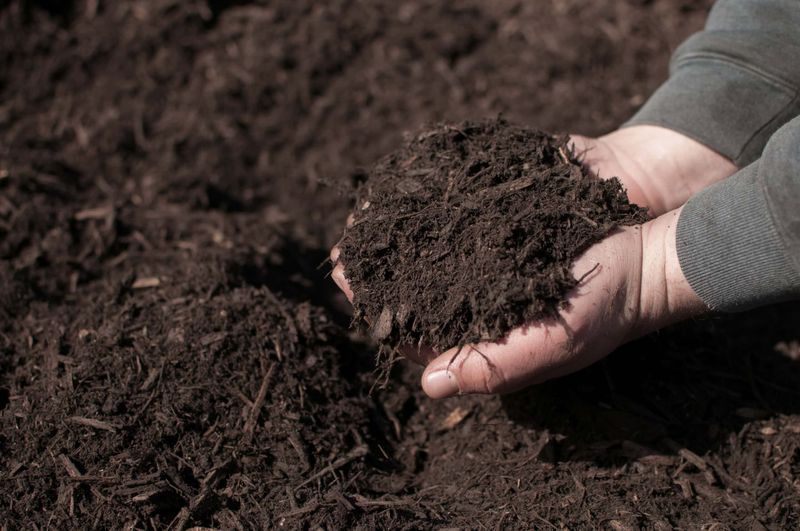
Mulch is not just decorative. It plays a crucial role in preventing fungal diseases. When rain splashes soil onto plant leaves, it can carry fungal spores with it.
Mulch acts like a protective shield, absorbing the impact and keeping soil where it belongs.
By covering the soil with organic material like straw or wood chips, you reduce the risk of fungal spores splashing onto your plants. It’s a simple and effective way to protect your leafy friends from unwanted guests.
8. Use Sterilized Soil For Potted Plants
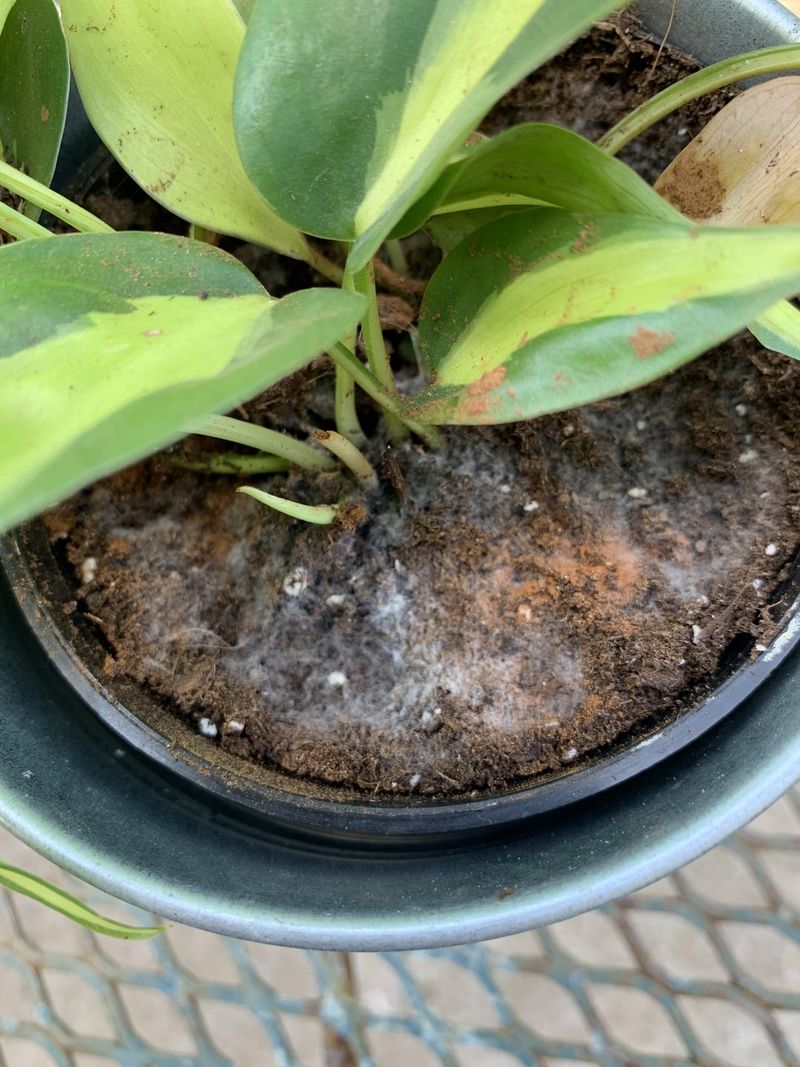
Ever wondered if the soil you’re using might harbor hidden threats? Using sterilized soil for potted plants ensures a clean start, free from pests and pathogens. It’s like giving your plants a safe and nurturing home.
By eliminating potential fungal spores, you create an environment where plants can thrive without fear. It’s a proactive step that pays off in healthy, happy plants.
Have you ever felt the joy of a fresh start? Your plants deserve that too!
9. Keep Garden Tools Clean And Disinfected
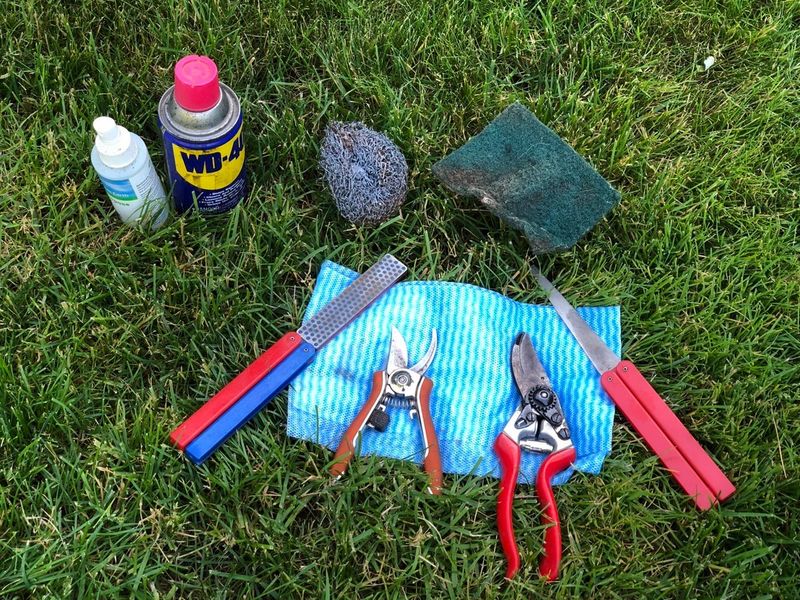
Sometimes, it’s the little things that make a big difference. Keeping garden tools clean and disinfected prevents the spread of fungal diseases.
By regularly cleaning your tools, you reduce the risk of transferring harmful pathogens. It’s a simple habit that builds a healthier garden environment.
Consider it part of your plant care routine, like brushing your teeth. Consistency is key, and your plants will thank you for it!
10. Remove And Destroy Infected Plants

It can be tough to say goodbye, but sometimes it’s necessary. Removing and destroying infected plants prevents the spread of fungal diseases.
I remember having to pull out a beloved rose bush to save the rest of my garden. It wasn’t easy, but it stopped the disease in its tracks. Think of it as a heroic sacrifice for the greater good.
By acting decisively, you protect healthy plants from infection. It’s a hard choice, but one that ensures the long-term health of your garden. Sometimes, tough love is the best kind.
11. Space Plants Appropriately
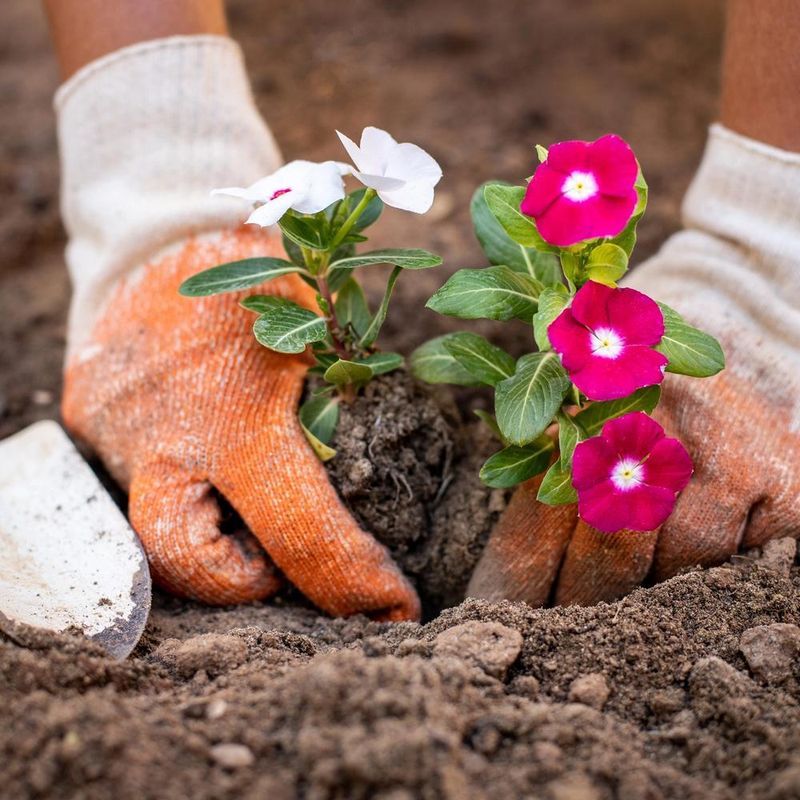
Can plants be too close for comfort? Absolutely! Proper spacing allows air to circulate, reducing humidity and the likelihood of fungal diseases.
By giving your plants room to grow, you create a healthier environment. This spacing helps prevent the buildup of moisture that fungi love. It’s a straightforward method with significant impact.
Consider it a personal space bubble for your plants, and they’ll thrive without fungal interference. Let’s give them some breathing room!
12. Prune For Better Airflow
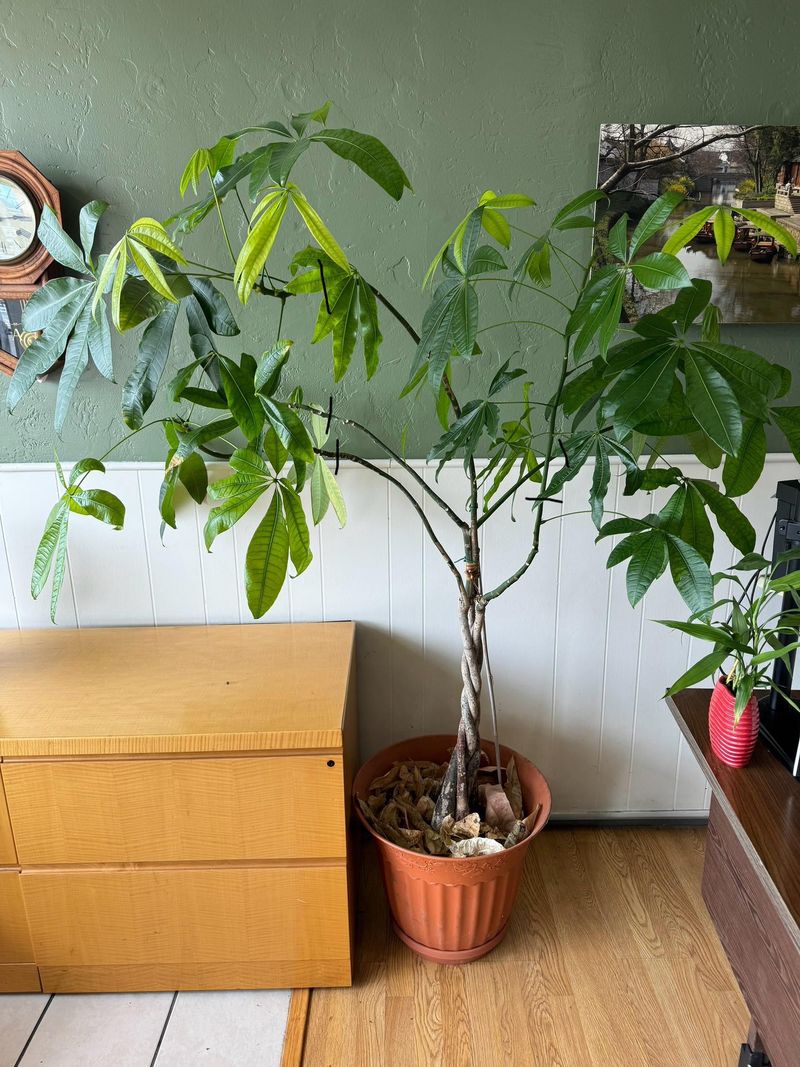
Have you ever thought about how a little trimming could benefit your plants? Pruning not only shapes plants but also improves airflow.
By removing excess leaves and branches, you reduce moisture buildup. This makes your garden less appealing to fungi.
That’s how your plants feel after pruning. It might seem like a small effort, but the results are big. By keeping your plants tidy, you create an environment where they can thrive without fungal foes lurking.
13. Apply Fungicides As A Preventative
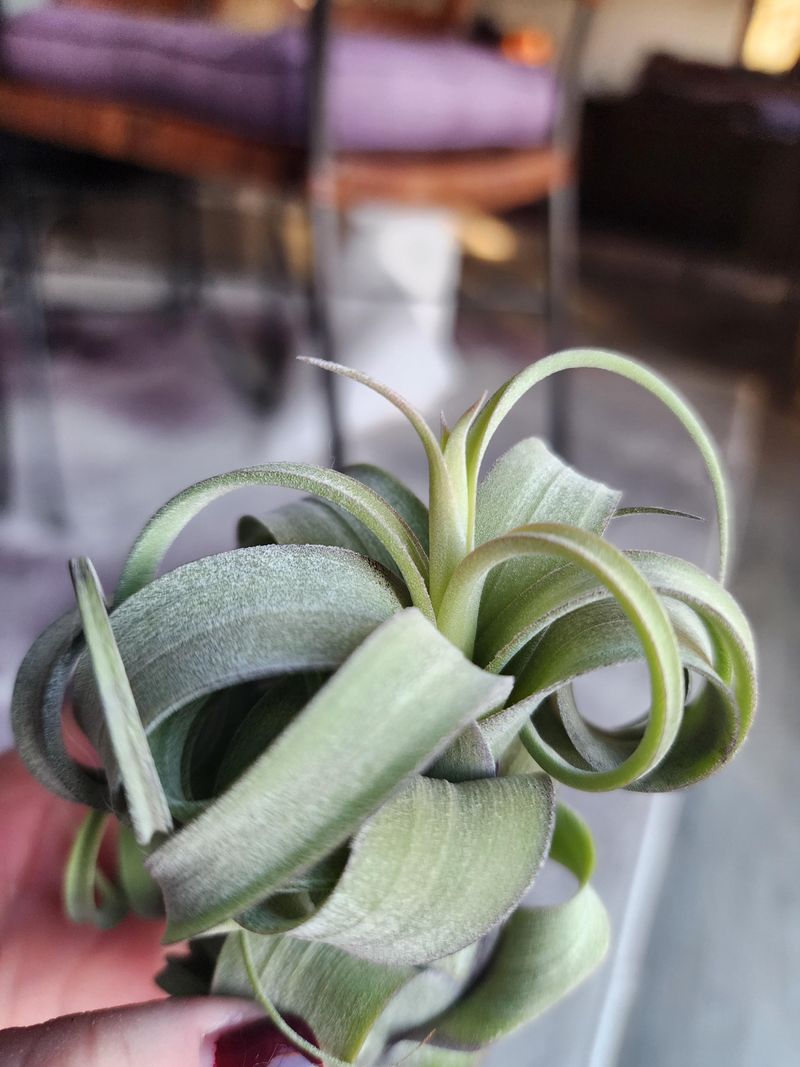
Fungicides can be a gardener’s best friend when used wisely. Applying them as a preventative measure helps keep diseases at bay. Think of it as giving your plants a protective shield.
It’s not about fighting an existing problem but preventing one from taking root. Make sure to follow label instructions and apply fungicides before symptoms appear.
Regular application creates a barrier against fungal invaders. Just remember, moderation is key. Your plants will thank you for the foresight!
14. Use Baking Soda Spray
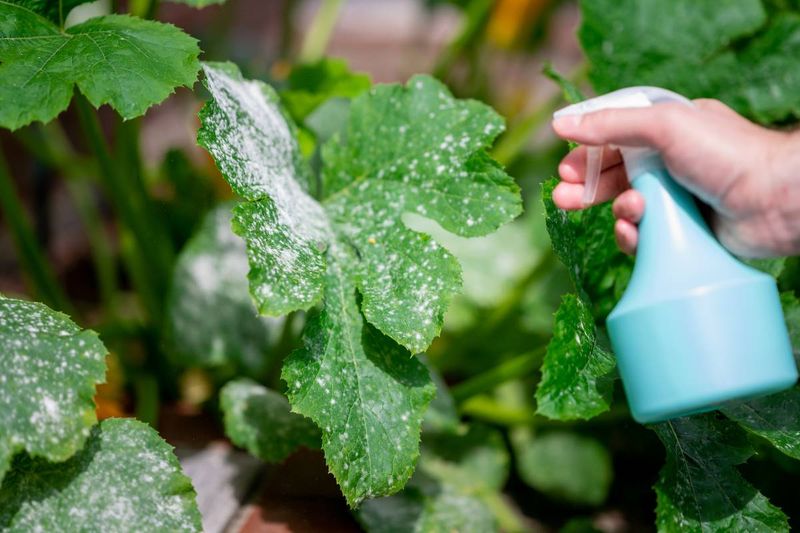
Did you know your kitchen might hold a secret weapon against fungi? Baking soda spray is a natural and effective way to prevent fungal diseases.
By altering the pH levels on leaf surfaces, it creates an unfriendly environment for fungi.
Mix with water and apply regularly for best results. It’s a simple, cost-effective solution that works wonders. Who knew that the power to protect your garden could be found in your pantry?
15. Try Neem Oil As A Natural Treatment
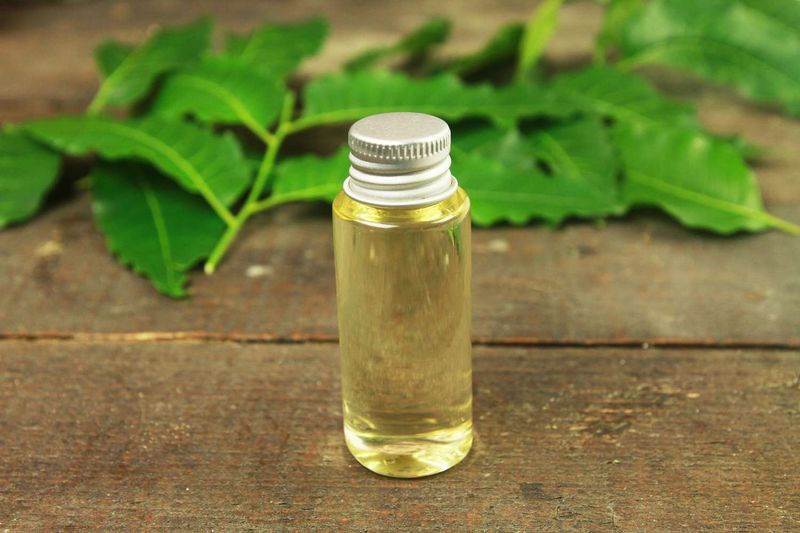
Neem oil is like a magic potion for gardeners seeking natural solutions. This oil, derived from neem trees, acts as a fungicide and insect repellent.
It works wonders without harsh chemicals, making it a favorite in organic gardening. Apply it to your plants as a preventive measure or to treat existing issues. It’s like a gentle nudge that keeps fungi at bay.
By choosing neem oil, you’re opting for a safer, environmentally friendly approach. It’s a natural remedy that aligns with a sustainable garden philosophy. Have you tried this garden elixir yet?
16. Avoid Working In Wet Garden Conditions
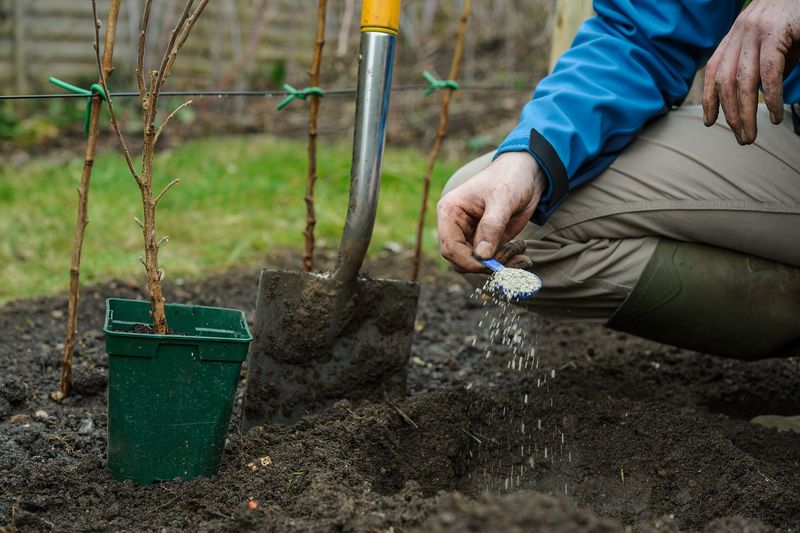
Rain or shine, gardening is always on my mind. But working in wet conditions can spread fungal diseases.
I learned this after a rainy day resulted in more than just muddy boots. Wet leaves are more vulnerable to pathogens, and your movements can help spread them. It’s like dancing on a wet floor – risky business!
Wait for the sun to dry things out before diving back in. Your garden will appreciate the patience. By avoiding soggy situations, you keep fungal troubles at bay and your plants happier.
17. Ensure Proper Sunlight Exposure
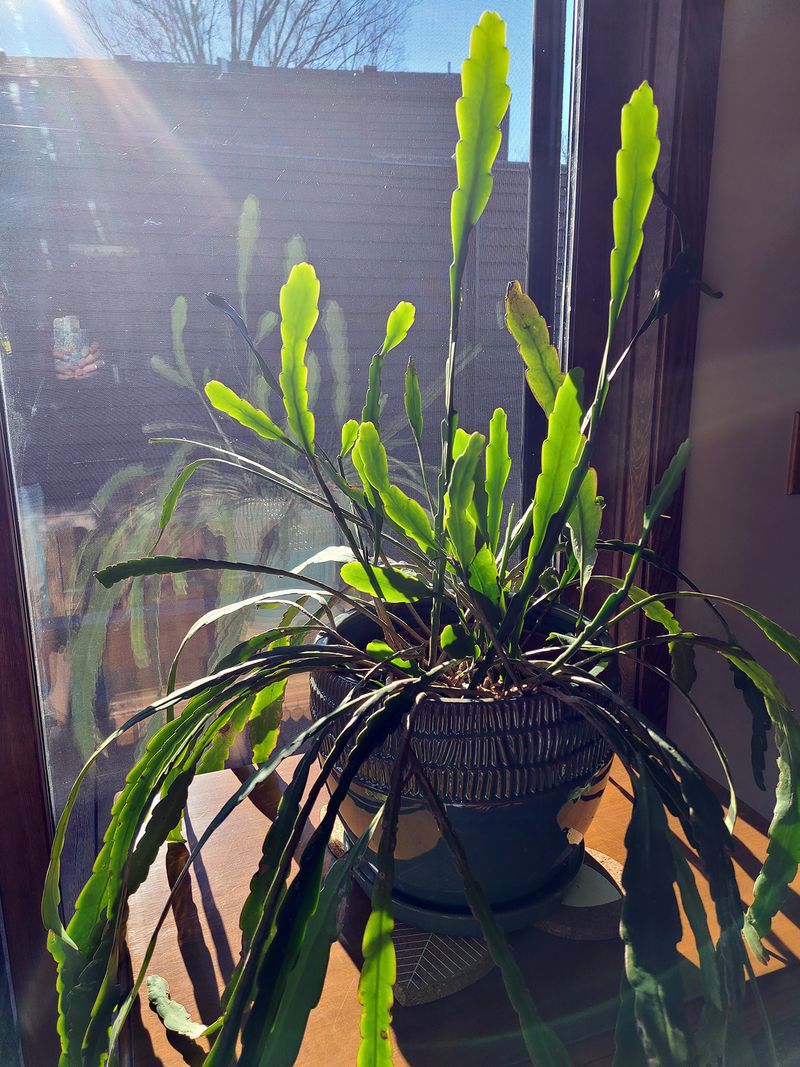
Have you ever noticed how plants reach for the sun? Ensuring proper sunlight exposure helps ward off fungal diseases. Sunlight naturally dries moisture and inhibits fungal growth.
It’s like nature’s way of keeping things in check. Consider the sun’s path when arranging your garden, and make sure each plant gets its share of rays.
It’s not just about aesthetics. It’s vital for plant health. By optimizing sunlight, you create an environment where fungi can’t thrive. Think of it as giving your garden a daily dose of sunshine therapy.
18. Use Companion Planting To Deter Disease
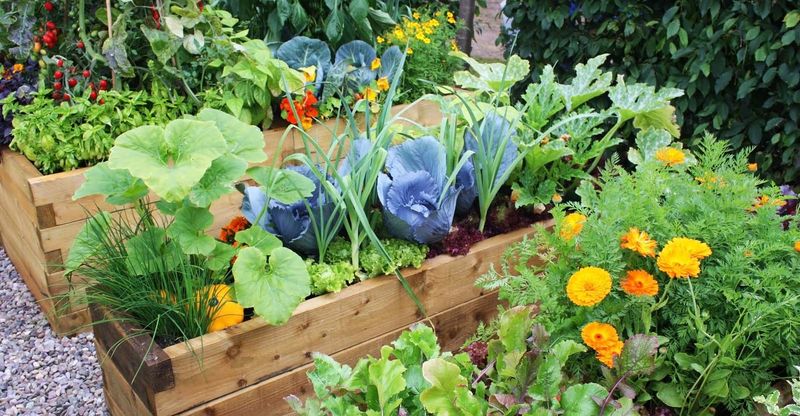
Ever heard the saying, ‘It’s who you know’? In gardening, companion planting leverages plant friendships to deter diseases. Certain plants support each other by repelling pests and promoting growth.
By pairing plants wisely, you create a balanced ecosystem that naturally resists fungi. Think of marigolds protecting tomatoes, or basil boosting the health of your pepper plants.
It’s a strategy that enhances plant vitality while keeping diseases at bay. By fostering these natural alliances, you turn your garden into a harmonious community.
19. Prevent Overcrowding In Garden Beds
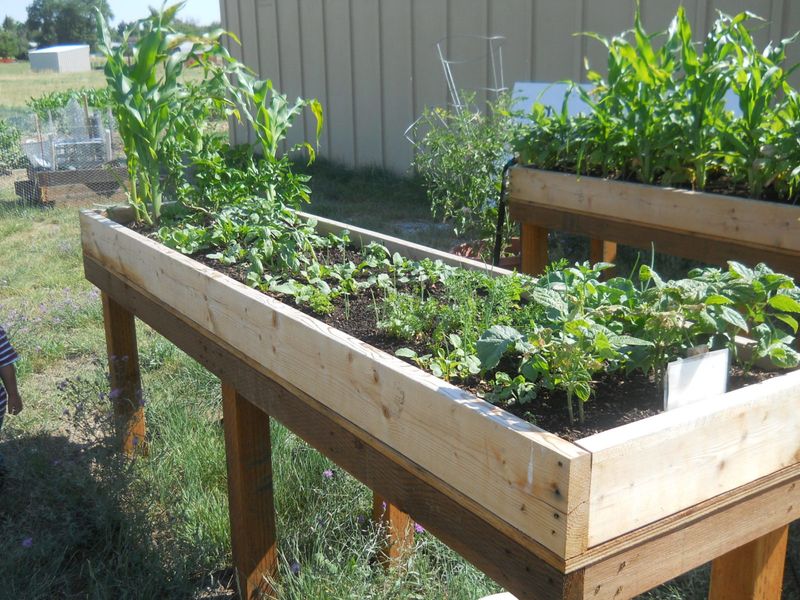
Ever felt cramped in a crowded elevator? Overcrowding in garden beds creates similar discomfort for plants, promoting fungal growth.
By giving each plant sufficient space, you allow air to circulate, reducing moisture and disease potential. Proper spacing minimizes stress and improves plant health.
It’s a simple yet effective way to keep fungi away. Consider it an investment in personal space that pays dividends in a healthy, thriving garden.
20. Dispose Of Plant Debris in Fall
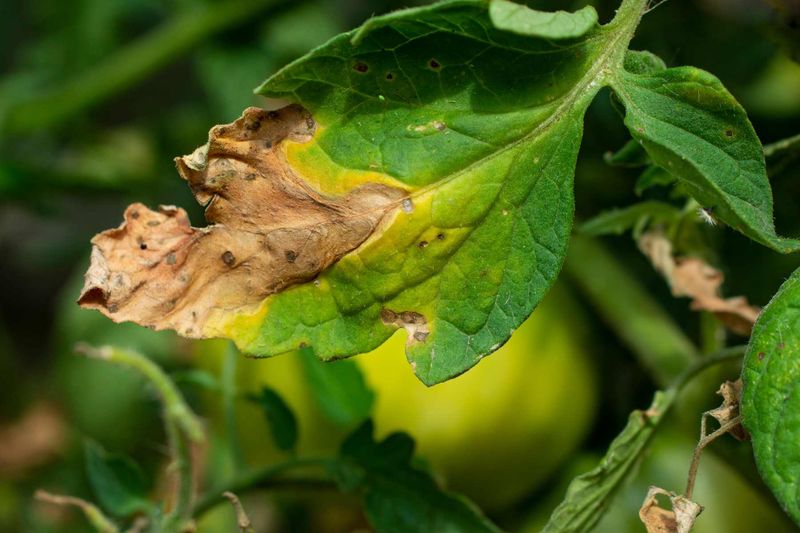
The fallen leaves may be picturesque, but they can harbor fungal spores. Disposing of plant debris in the fall prevents diseases from overwintering. Imagine tidying up before a new season arrives – it’s all about a fresh start.
By removing leaves and stems, you reduce the chance of spores spreading in spring. It’s like closing a chapter and preparing for a new adventure.
Compost or discard debris properly to ensure a clean slate. This simple action sets the stage for a healthier garden next year. Letting go of the old makes way for the new.
21. Keep Weeds Under Control
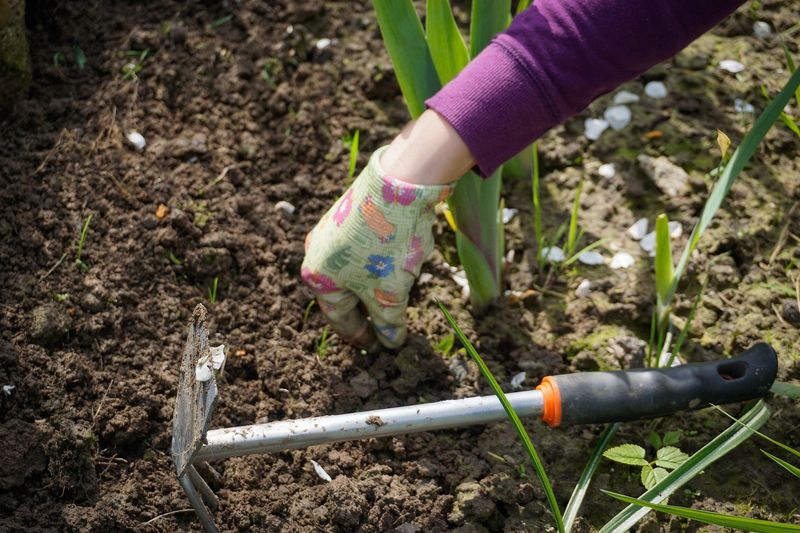
Weeds may seem harmless, but they can host fungal diseases that affect your plants. I once ignored a weed patch, only to find my flowers suffering.
By keeping weeds under control, you minimize competition for nutrients and reduce disease risk.
Regular weeding keeps your garden tidy and healthy. It’s a small effort with big rewards, like cleaning up after a party to keep things running smoothly. Embrace the task, and your garden will flourish with gratitude.
22. Avoid High-Nitrogen Fertilizers That Promote Soft Growth

Have you ever thought that too much of a good thing might be bad? High-nitrogen fertilizers can promote soft growth, making plants more susceptible to fungi.
Choose a balanced fertilizers that support healthy growth without vulnerability. By choosing wisely, you fortify your plants against fungal attacks.
It’s a mindful approach that ensures stability and resilience. Think of it as a balanced diet for your garden, providing strength to face challenges head-on.
23. Apply Compost To Boost Soil Health
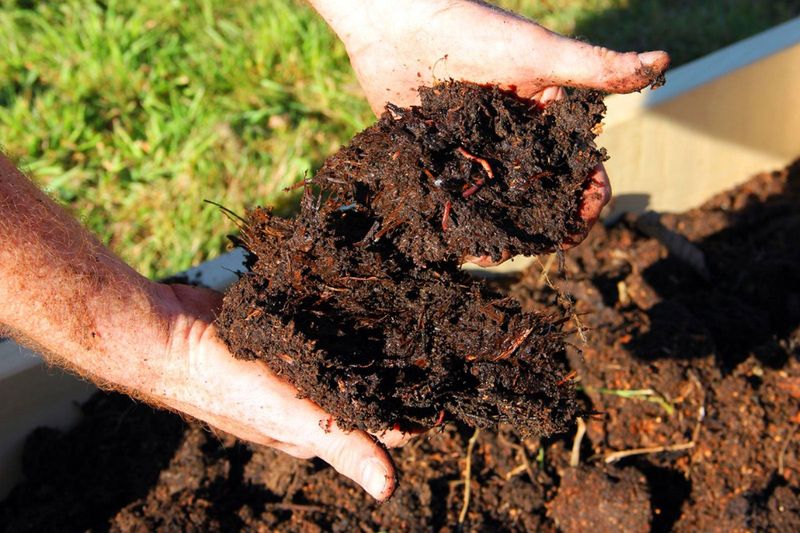
Compost is like a magic potion for soil health. By adding organic matter, you enhance soil structure and boost plant resilience. It’s like giving your garden a nourishing meal that strengthens its immune system.
Imagine a feast that energizes and protects – that’s what compost does! Healthy soil is less prone to fungal diseases, creating a robust environment for plants to thrive.
It’s a simple yet profound way to enhance your garden’s vitality. By embracing compost, you invest in long-term growth and success.
24. Sterilize Pots And Containers Between Uses
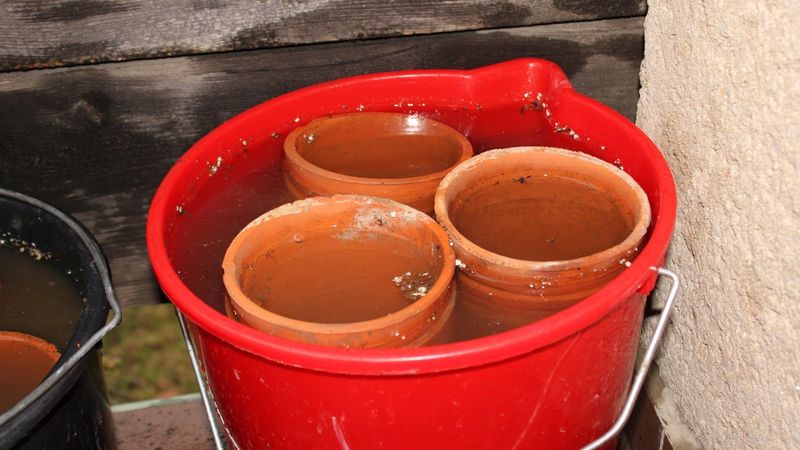
Ever thought about giving your pots a good scrub? Sterilizing pots and containers between uses removes lingering pathogens.
It’s like washing dishes before serving new food – cleanliness matters! By eliminating potential fungi, you provide a healthy space for new growth. Start fresh without hidden threats.
It’s a diligent step that ensures a clean slate for every planting. By taking the time to sterilize, you foster a healthy, thriving garden environment. Clean pots, happy plants!
25. Monitor Plants Regularly For Early Signs Of Disease
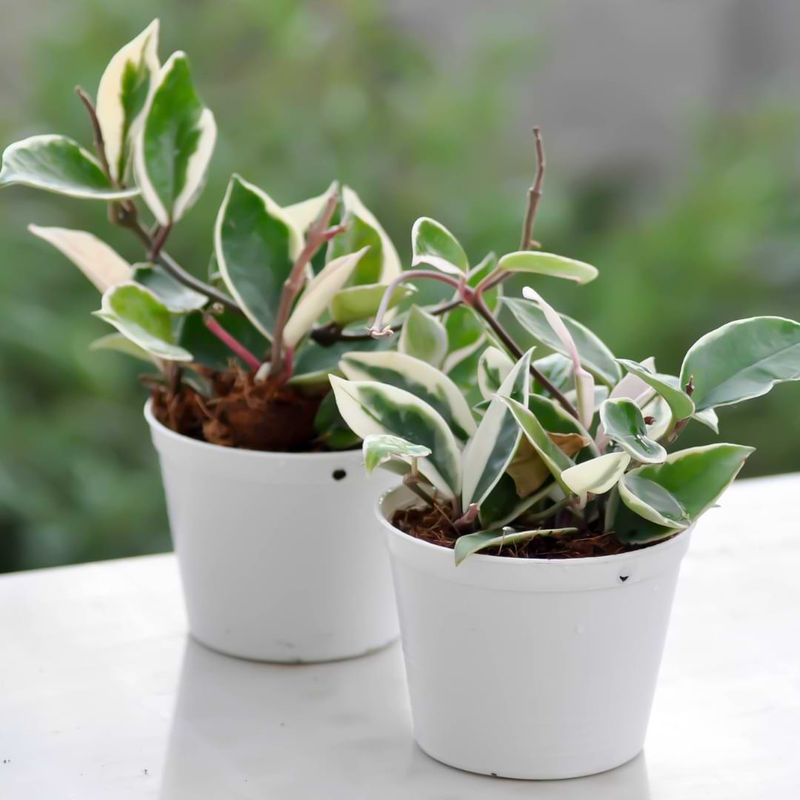
Keeping a watchful eye on your plants is like being a detective in your garden. Monitoring regularly helps catch early signs of disease before they become major issues.
I remember spotting a fungal problem in its infancy and saving my plants from disaster. By being observant, you can intervene quickly and effectively.
It’s like noticing a small leak before it becomes a flood. Regular checks empower you to take timely action. Your plants rely on your vigilance, and a little attention goes a long way.


